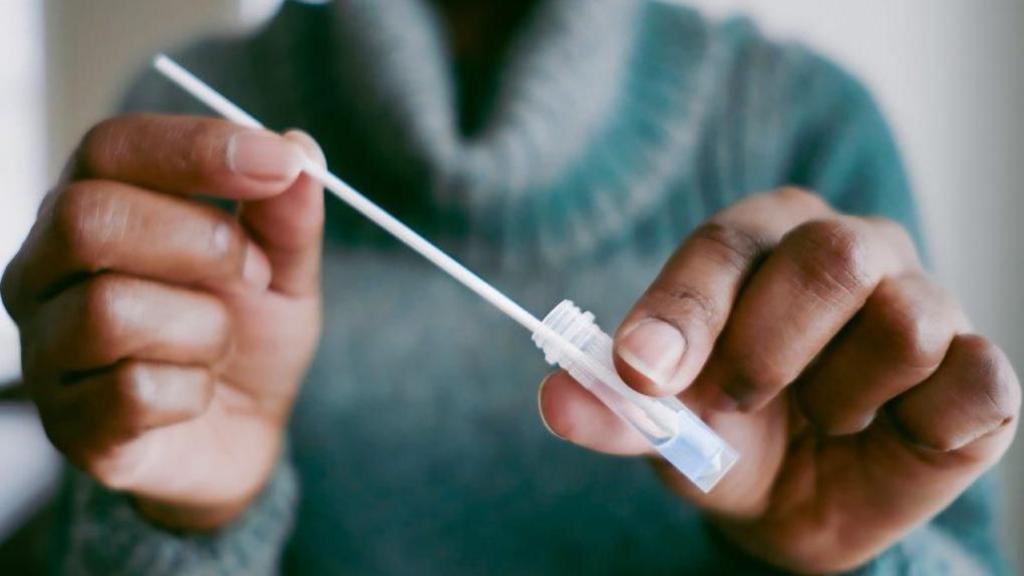Are Your Home Health Tests Reliable? New Study Raises Concerns About Accuracy

A concerning new study from the University of Birmingham has cast doubt on the reliability of readily available home health test kits. Researchers investigated 30 different kits, ranging in price from a budget-friendly £1.89 to a hefty £39.99, purchased in 2023. These tests claim to diagnose a wide range of conditions, including bowel cancer, vitamin deficiencies, thyroid problems, HIV, and even the menopause.
The Findings: A Mixed Bag of Results
The study revealed a significant lack of consistency and accuracy across the tested kits. While some demonstrated reasonable performance, others produced questionable or even misleading results. This raises serious questions about the validity of self-diagnosing health concerns based solely on these kits.
What Conditions Were Tested?
The researchers rigorously assessed kits designed to detect several common health issues:
- Bowel Cancer: Tests claiming to identify early signs of bowel cancer were particularly concerning, with some showing a high false positive rate.
- Vitamin Deficiencies: Kits promising to reveal vitamin deficiencies (like Vitamin D or B12) often lacked clear scientific backing and demonstrated questionable accuracy.
- Thyroid Issues: Testing for thyroid problems, such as hyperthyroidism or hypothyroidism, also presented challenges. The kits' reliability varied greatly.
- HIV: While HIV tests are readily available and crucial for early detection, the study highlighted the importance of verifying results with a healthcare professional.
- Menopause: Kits marketed to diagnose menopause or perimenopause often relied on subjective symptom analysis, which can be prone to error.
Why the Inaccuracy?
Several factors contribute to the potential inaccuracy of these home test kits:
- Lack of Regulation: The home health testing market is not as tightly regulated as traditional diagnostic testing, allowing for variations in quality and accuracy.
- Poorly Defined Methodology: Some kits lack clear instructions or rely on questionable scientific methodologies.
- Sample Collection Issues: The accuracy of any test relies on proper sample collection. Home users may not have the expertise to collect samples correctly, leading to inaccurate results.
- Interpretation Challenges: Understanding test results can be complex. Without proper guidance from a healthcare professional, individuals may misinterpret the findings and make inappropriate decisions about their health.
Expert Advice: Proceed with Caution
“Our findings suggest that consumers should exercise caution when using home health test kits,” says Dr. [Insert Researcher Name, if available, or a generic title like 'Lead Researcher']. “While these kits can offer a convenient way to gain some initial insights into your health, they should never be used as a substitute for professional medical advice. Always discuss your concerns and test results with a doctor.”
The Takeaway: Talk to Your GP
This study serves as a crucial reminder that self-diagnosis can be risky. If you're concerned about your health, the best course of action is to consult with your general practitioner. They can provide accurate diagnoses, recommend appropriate testing, and guide you towards the best treatment options. Don't rely solely on a home test kit – your health is too important.

:max_bytes(150000):strip_icc()/VWH-GettyImages-2213348792-d0f7dee67c51409ba3603058011dff99.jpg)




